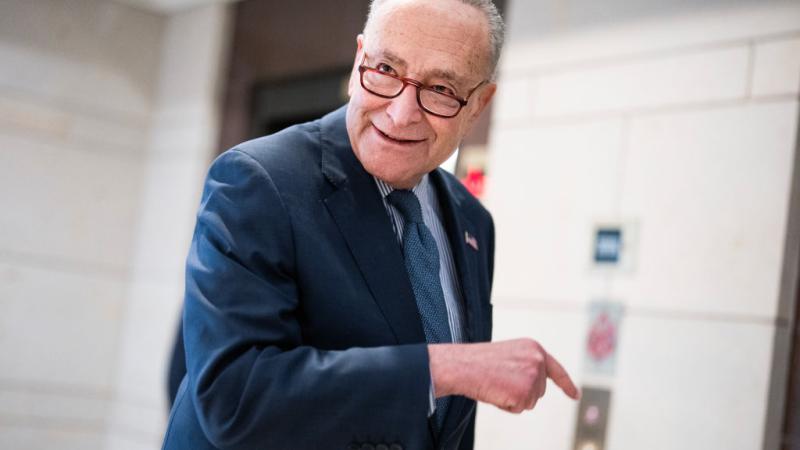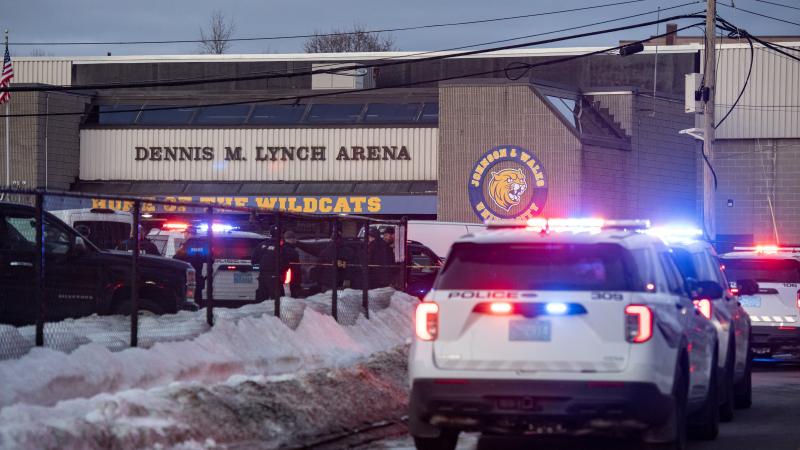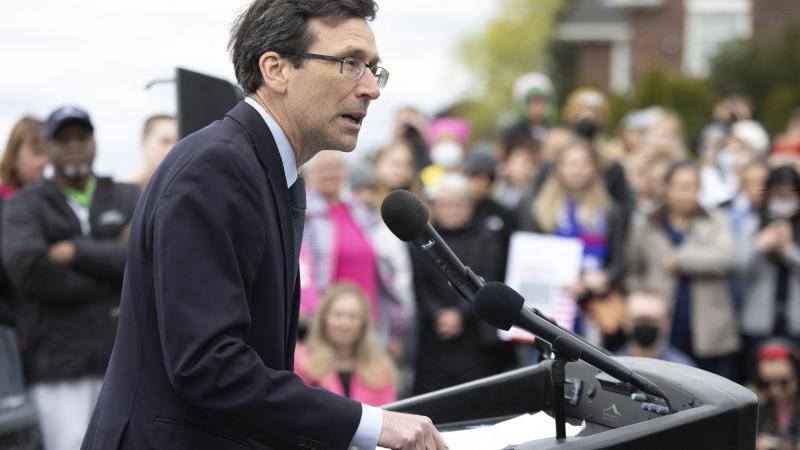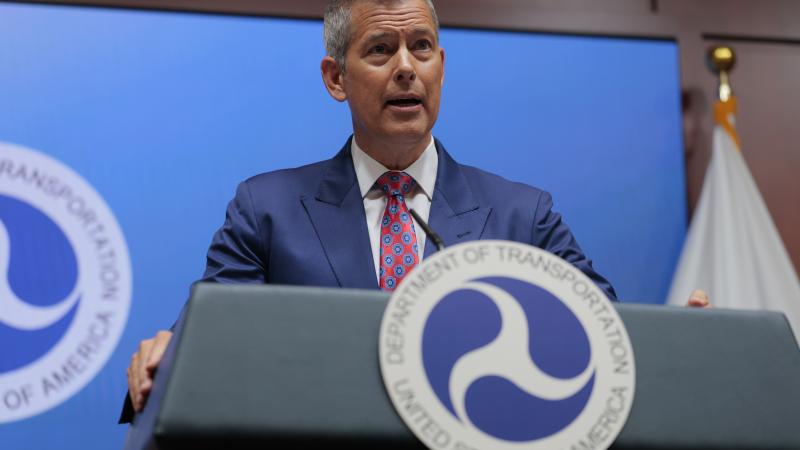Arkansas' trigger law makes abortion illegal in most circumstances
Law makes performing an abortion a felony in the state of Arkansas upon the overturn of Roe v. Wade.
Gov. Asa Hutchinson and Attorney General Leslie Rutledge certified Arkansas' trigger abortion law Friday afternoon, banning abortion except in cases where the mother's life is in danger.
The U.S. Supreme Court overturned Roe v. Wade Friday in a ruling that said states should decide if abortion is legal.
"None of us thought today would come in our lifetimes," said Rutledge during a press conference.
Act 180, passed in 2019, makes performing an abortion a felony in the state of Arkansas upon the overturn of Roe v. Wade. Performing an abortion will now carry a fine of up to $100,000, imprisonment for up to 10 years or both.
The text of Act 180 calls the original Roe v. Wade decision a "crime against humanity" and states scientific advances have demonstrated since 1973 that "life begins at the moment of conception and the child in a woman's womb is a human being."
The governor applauded the Supreme Court's decision to return the issue of abortion to the states.
"For me, this is a turning point for our nation," said Hutchinson. "Since Roe v. Wade was decided, the states that desired to protect unborn life have been prohibited from doing so. Personally, I'm grateful for the court's ruling today because I've fought for a number of decades for greater protections for the unborn throughout my political life."
Arkansas had previously enacted prohibitions on abortions before the Roe v. Wade decision that authorized the refusal to perform, participate, consent, or submit to an abortion, according to the act. It said Amendment 68 in the state constitution affirms the state's policy is to protect the life of every unborn child from conception until birth and that public funds would not be used for abortions except to save the mother's life.
Arkansas also passed the Arkansas Heartbeat Protection Act in 2013.
"For decades I have said Roe v. Wade was wrongly decided," Hutchinson said. "Today, the Supreme Court overturned the abortion ruling and returned the issue to the states. Arkansas is a pro-life state, and we are able now to protect life."
The Department of Health reported 3,249 abortions took place in Arkansas in 2017, including abortions performed on out-of-state residents, according to Act 180.
The state's abortion ban does not authorize charging a woman with any criminal offense in the event of the death of her unborn child or prohibit the sale of contraceptives.
The Arkansas Democrat Party said the state would be one of the ones most affected by the Supreme Court decision.
"In 2019, a hyperpartisan Arkansas legislature enacted a so-called 'trigger' law that automatically ends legal access to abortion services in Arkansas in the event Roe v. Wade is overturned – with no exceptions for rape, incest, or fetal anomalies," the organization said in a statement on its Facebook page. "The consequences of these decisions are far-reaching and devastating."
Protests are scheduled for Friday evening near the state capitol in Little Rock and in Fayetteville.














